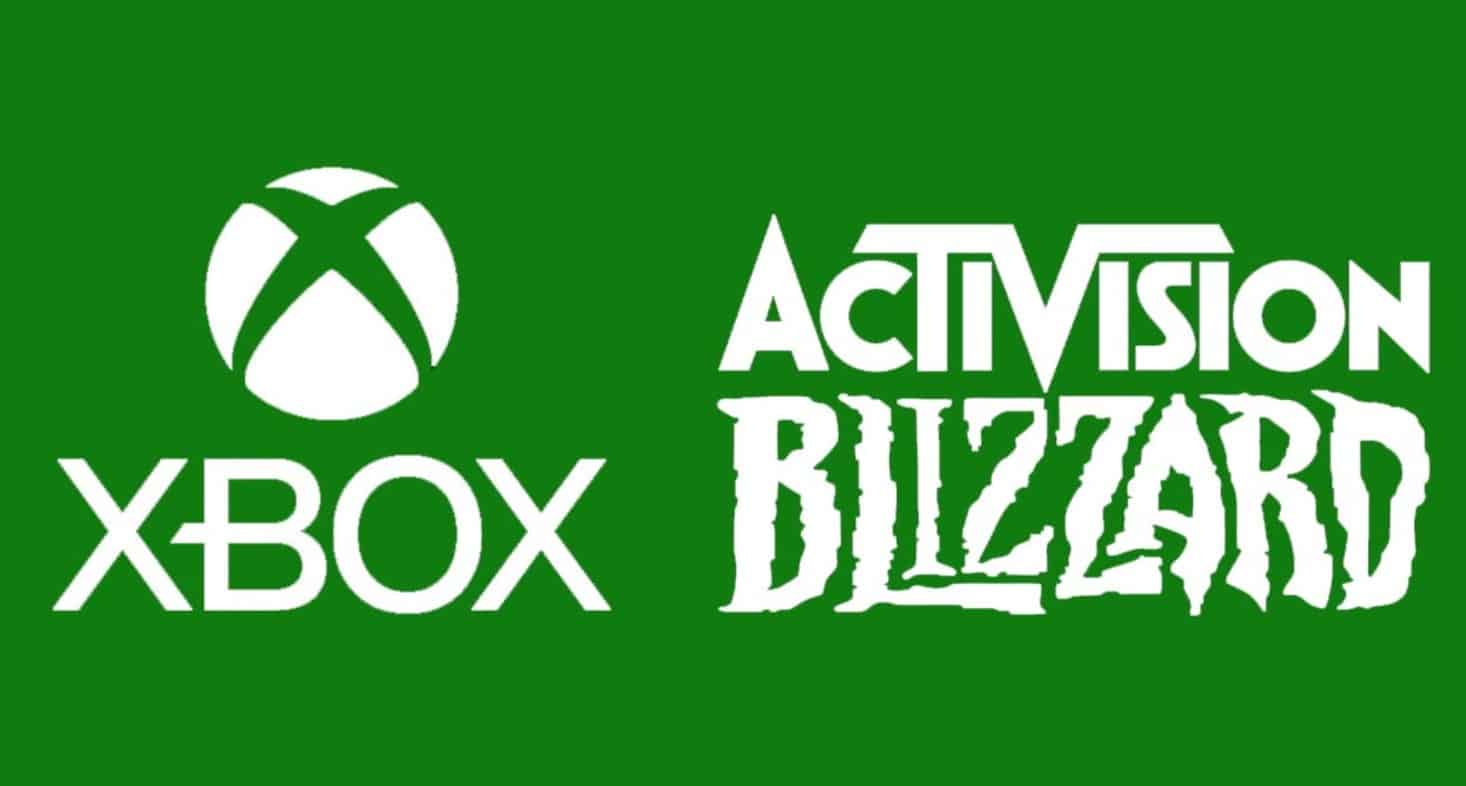Google and Nvidia have both reportedly joined Sony in raising concerns to the Federal Trade Commission (FTC) regarding Microsoft’s planned $69 billion acquisition of Activision Blizzard, according to a Bloomberg report.
The two companies reportedly contend that by acquiring Activision Blizzard, Microsoft would gain an unfair advantage in the cloud, subscription, and mobile gaming markets. That said, one source told Bloomberg that Nvidia at least is not expressly opposed to the acquisition, though it did stress the importance of equal access to game titles.
The report does not elaborate on either company’s other specific concerns. Microsoft currently is a strong contender in cloud gaming alongside Nvidia with GeForce Now, with Google’s Stadia program having folded last year. In mobile gaming, though, Microsoft has markedly little presence.
In fact, Xbox head Phil Spencer previously pointed to Activision Blizzard’s mobile King division as the keystone of the intended acquisition, and filings connected to the deal have revealed that Microsoft wants to use King to create a new “xbox Mobile Platform.”
Nvidia and Google join Sony as major companies bringing issues forward to governing bodies about the acquisition, though based on the tone, these latter two are coming in notably softer on the issue. Lat elast year, the FTC announced it would sue to block Microsoft’s attempted acquistion due to concerns that the deal would harm competition from rival console-makers through exclusivity. The UK’s Competition and Markets Authority (CMA) has also raised similar concerns.
Over the last several months, Microsoft has been repeatedly attempting to counter such concerns, including by offering a deal to keep Call of Duty on PlayStation for as long as ten years, and a similar promise to bring the series to Nintendo consoles.
While it’s unclear exactly how involved Nvidia or Google will continue to be, both companies could potentially be called to testify before the FTC when the lawsuit goes to trial, which Bloomberg notes is planned for August of this year.

